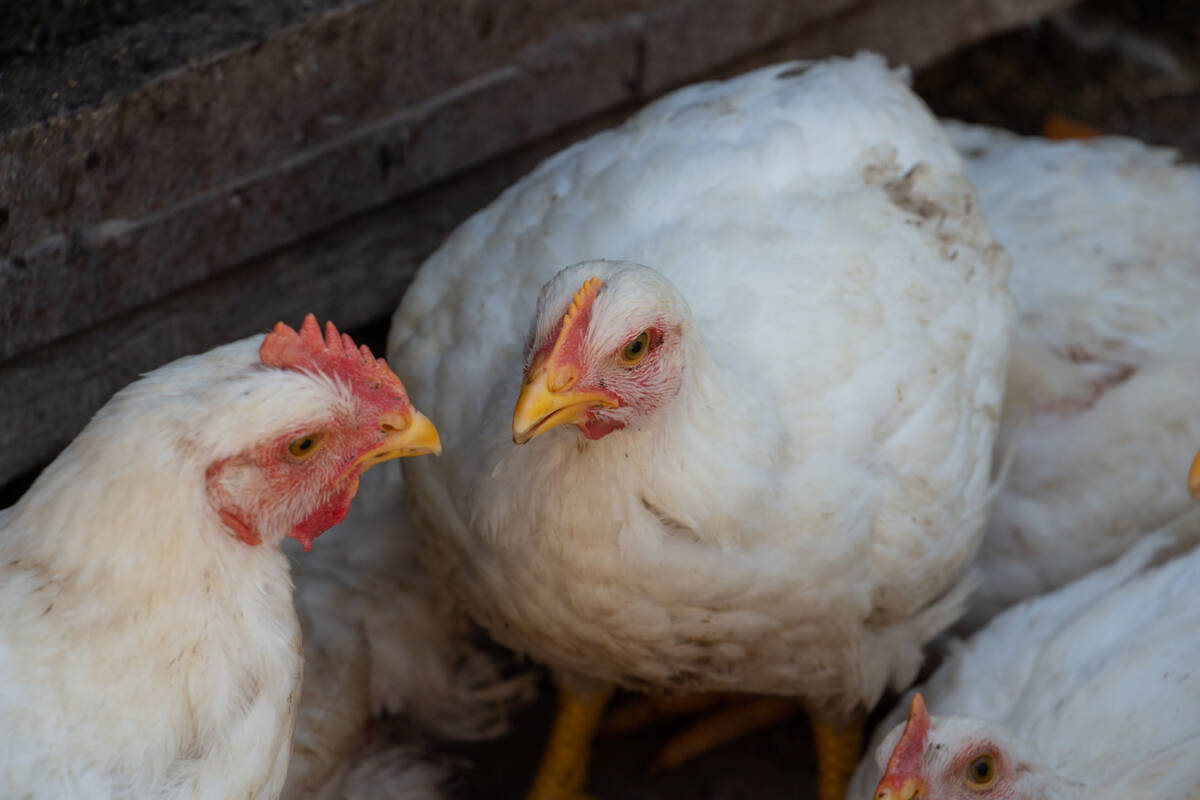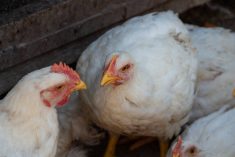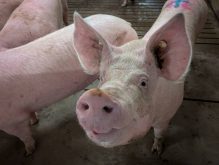A southern Manitoba meat processor well known on the Prairies for its farmer sausage has picked up a $310,000 federal loan to add two new smokehouses and upgrade other equipment.
Winkler Meats, based at Winkler, Man., will use the loan from the federal Slaughter Improvement Program to add a new boiler and complete a plant expansion to house the new smokehouses, area MP Candice Hoeppner said in a release Friday.
The line equipment upgrades and smokehouses are to allow Winkler Meats to “continue to focus on opening up new markets for their high-quality products,” the government said.
Read Also

Chicken, eggs benefit from demand for economical protein
Strong demand for protein and status as an economical alternative to beef bodes well for chicken and egg demand in 2026 according to recent analysis from Farm Credit Canada.
Winkler Meats, a federally-inspected abattoir and processing plant, markets its brand products through chain and independent grocery stores, restaurants and sporting venues across Western Canada.
Its additions and upgrades will go toward “developing new products and expanding our business into new markets,” company president Dickson Gould said in the government’s release.
Meats processed at the plant include pork, bison, beef and turkey, for products including farmer sausage, liver ring sausage, hams, bolognas, back bacon, bison wieners and smoked turkey.
The Dyck family set up Winkler Meats in 1964 and sold control of the company to another Manitoba firm, Progressive Meats, last year.
Originally budgeted to provide up to $50 million in loans, the Slaughter Improvement Program is meant to back “sound business plans aimed at reducing costs, increasing revenues and improving operations” for Canadian red meat packers and processors.
To be eligible for program funds, activities and costs must have been incurred no earlier than April 1, 2009. Funded projects must be finished by March 31, 2012.
The federal budget in March put up an additional $10 million for the program from the federal Agricultural Flexibility Fund.














